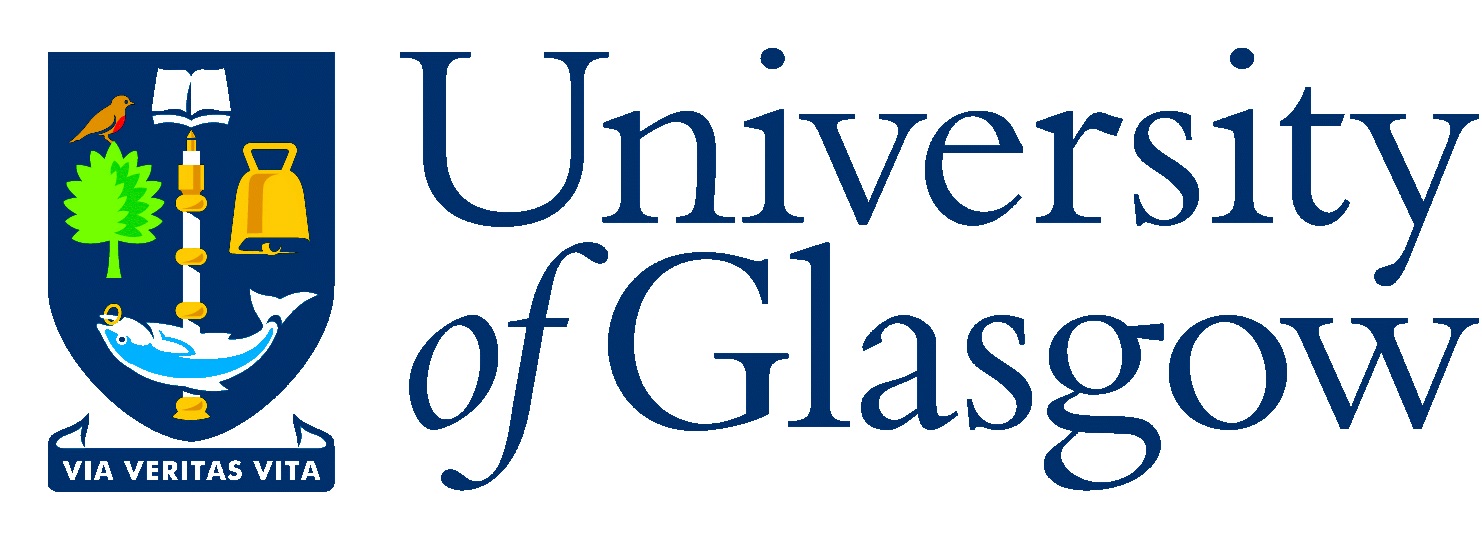

Accountability in Projects: Project Manager Perspective
Tracy Dodson
الملخص
تهدف هذه الرسالة إلى تعزيز فهم المساءلة من منظور مديري المشاريع. إن “إدارة المشاريع” و”المساءلة” مصطلحان شائعان لم يتم دائمًا تعريفهما بوضوح في الأدبيات. بالإضافة إلى ذلك، ورغم أن العديد من الأبحاث قد تناولت المساءلة في المشاريع من منظور مجلس المشروع والعلاقة مع المنظمة الأوسع، إلا أن هناك عملاً محدودًا تناول المساءلة من منظور مدير المشروع. مختلفًا عن الأساليب السابقة للمساءلة، يتبنى هذا البحث نهجًا يركز على المدير. مسترشدًا بالموقف البراغماتي، يتبنى البحث تصميمًا نوعيًا، مع اعتبار مدير المشروع وحدة التحليل. يتكون مجموعة البيانات من ست وأربعين مقابلة شبه منظمة ومعمقة، مع آراء من ست وأربعين مدير مشروع يملكون مستويات مختلفة من الخبرة، عبر مجموعة متنوعة من الصناعات. وقد استُخلصت النتائج من خلال تحليل موضوعي لبيانات المقابلات.
تشير إحدى النتائج الرئيسية إلى أن مديري المشاريع يتقبلون بشكل إيجابي متطلبات المساءلة الخاصة بهم كمساءلة ذاتية، ترتبط مباشرة بإدارتهم الذاتية، بدلاً من أن يتأثروا بضغوط المساءلة الخارجية الرسمية. تدعم هذه النتيجة الفكرة القائلة بأن المساءلة يُنظر إليها من قبل مديري المشاريع على أنها إجراء إيجابي لتحقيق النتائج المتفق عليها بشكل بنّاء، بدلاً من المساءلة في بيئة الأعمال العامة، والتي يُنظر إليها غالبًا، في الاستخدام العام، كمفهوم سلبي يتضمن اللوم في حال عدم تحقيق الأهداف. كما تدعم هذه الدراسة أيضًا ما طرحه مديرو المشاريع في البداية، وهو وجود فجوة بين متطلبات كون المدير مسؤولًا والمستويات الرسمية للسلطة. تسلط النتائج الضوء على استراتيجيات سلوكية يعتمدها الممارسون لتحقيق التوازن. كما تحدد هذه الدراسة أيضًا المجالات في المشروع التي يقبل فيها مدير المشروع المساءلة بشكل صريح. مجتمعة، تقدم النتائج إطارًا جديدًا لمساءلة مدير المشروع.
تُقدِّم هذه الدراسة عدة مساهمات مهمة للنظرية. فهي تُنتج مفهوماً متجدداً للمساءلة في سياق إدارة المشاريع، مما يوفّر وضوحاً نظرياً في هذا السياق الجديد نسبياً. يدمج الإطار النهائي عدة مسارات متميزة لتقديم رؤية أكثر شمولاً للمساءلة. وتقدّم هذه الدراسة أداتين جديدتين يمكن للباحثين المستقبليين في مجال إدارة المشاريع تبنيهما.
الأولى هي “نظرية المشاركة”، وهي نظرية لم يتم تطبيقها مسبقاً في سياق إدارة المشاريع. وتُظهر الدراسة أن هذه النظرية يمكن أن تُستخدم كعدسة مفيدة للباحثين في المستقبل، حيث توفّر فرصة لتطوير البحث في هذا المجال من خلال منظور جديد يأخذ في الحسبان الحساسية الزمنية والنتائج القائمة على المخرجات.
ثانياً، تحدد الدراسة عدة تحسينات على نموذج المساءلة الخاص بـ “لوغلين” (Laughlin)، والتي تهدف إلى تحسين فعاليته كأداة يمكن استخدامها لتوضيح كيف يفكر ويتصرف مدراء المشاريع عند تحملهم للمساءلة.
أما بالنسبة للممارسين، فتُبرز هذه الدراسة أهمية عدد من الأدوات التي يمكن أن يستخدمها مدير المشروع بشكل فعّال، وتقترح أن يتم تعليم هذه الأدوات في أي برنامج تدريبي ذي قيمة عملية في إدارة المشاريع.
قُدمت هذه الرسالة من تريسي دودسون للحصول على درجة الدكتوراه من كلية آدم سميث للأعمال، جامعة جلاسكو، اسكتلندا، 20024.
للإطلاع على كامل الرسالة، إضغط هنا ..
Abstract
This thesis seeks to enhance comprehension of accountability from the perspective of project managers. Both “project management” and “accountability” are ubiquitous terms that have not always been clearly defined in the literature. In addition, whilst much research has looked at accountability in projects from the perspective of the project board and the relationship to the wider organisation, there has been very limited work on accountability from the perspective of the project manager.
Diverging from past approaches to accountability, this study adopts a manager-centric stance. Guided by the pragmatist stance, the study adopts a qualitative research design, with the project manager as the unit of analysis. The data set consist of forty-six semi-structured in-depth interviews, with feedback from forty-six project managers, each with differing levels of experience, across a variety of industries. The findings are derived from the thematic analysis of the interview data.
A key finding suggests that project managers positively embrace their accountability demands as self-accountability, directly related to their own self-management, as opposed to being influenced by formal external accountability pressures. This finding supports the position that accountability is seen by project managers as the positive action of constructively achieving agreed outcomes, as opposed to accountability in the general business environment, which is a term that can often be viewed, in common usage, as a negative concept implying fault if goals are not achieved. This research also supports the suggestion, initially raised by project managers, that there is that is a mismatch between the demands of being accountable and the requisite levels of formal authority. The findings highlight behavioural strategies adopted by practitioners to rectify the balance. This research also identifies the areas of the project for which the project manager explicitly accepts accountability. Taken together, the findings offer a novel framework of the project manager’s accountability.
The study makes several important contributions to theory. The work generates a renewed conceptualisation of accountability in the context of project management, providing theoretical clarity in this relatively novel context. The final framework integrates several distinct strands to offer a more comprehensive view of accountability. This study offers two new tools for future scholars of project managers to adopt. The first is participatory theory, a theory which has never previously been deployed in the project management context. The study shows that this theory can serve as a useful lens for future scholars, offering an opportunity to advance research in this area with a new lens that accommodates time sensitive and outcomes-based results. Secondly, the study identifies several enhancements to Laughlin’s accountability model that aim to improve its effectiveness as a tool that can be used to illustrate project managers consider and behave when given accountability.
For practitioners, this study highlights the importance of several tools that the project manager might gainfully employ and suggests these tools should be taught in any practically valuable project management training.

اترك تعليقاً